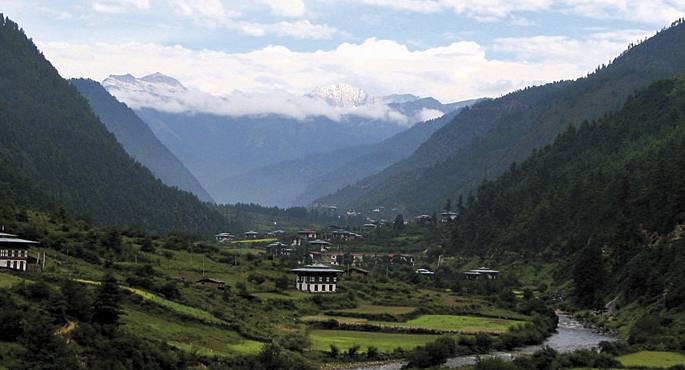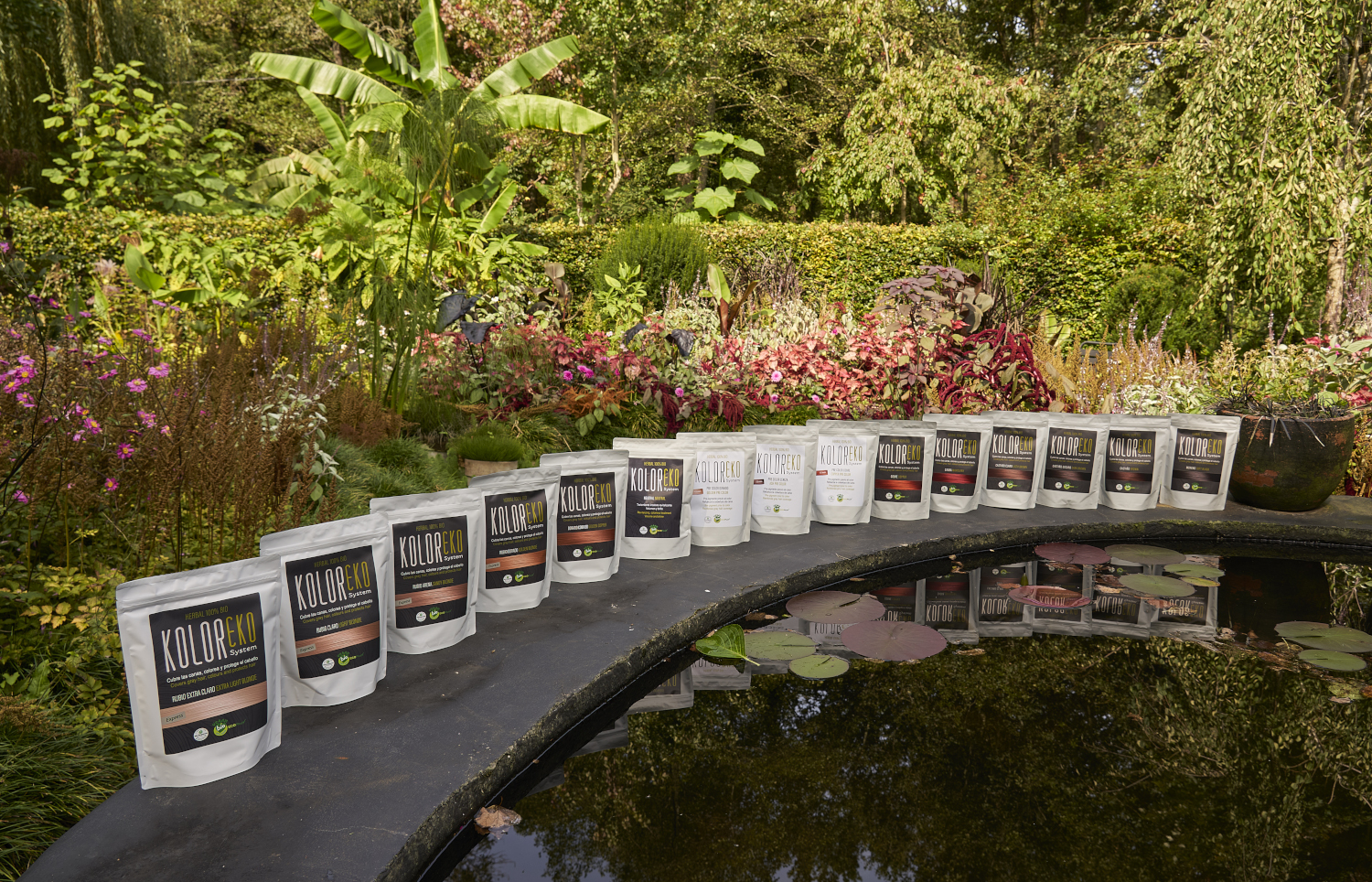For organic farming, with ethics and pragmatism
- From 2020 onwards, the production of fruit and vegetables from organic farming in Bhutan will be limited to production. It will be the first country in the world to take this action.

Just organic for its practicality and for philosophical reasons. Bhutan Minister of Agriculture, Pema Gyamtshok, explained in February at the Sustainable Development Summit in India: “Ours is a mountainous territory. When we use chemicals, they don't stop at the place they're used, they affect water and plants. We believe that we must take account of the whole environment.” For this reason, pesticides and chemical herbicides will be banned in the next seven years.
With this measure, the Government also expects to increase food production and improve food quality, according to Interior. That's the pragmatic thing about the decision. The Bhutan authorities believe that they are going to export more to countries around them, such as India and China, which have many breeds to feed themselves.
Gyamtshok, who, in addition to being a minister, is a farmer, has stated that the exclusive use of organic farming takes time: “We cannot go from one day to the next. We will go from region to region, outbreaks in outbreaks.”
You pointed out that this is going to be a major challenge. Another was the move from absolute monarchy in 2008 to the parliamentary monarchic system for a state of about 750,000 inhabitants. The Minister of Agriculture linked the development of the country to issues such as climate change and stressed in particular the need to be sovereign in terms of energy and food.
Bhutan opened its doors to international capitalism just 30 years ago and has since begun to explain problems that have arisen in many other developing countries: young people who do not want to engage in agriculture have begun to migrate abroad, especially to India, and consumerism has contributed to the spread of mass culture. With the decision to promote organic farming, they intend to take steps towards a model of their own development.
Donostiako Amara auzoko Izko ileapaindegi ekologikoak 40 urte bete berri ditu. Familia-enpresa txikia da, eta hasieratik izan zuten sortzaileek ile-apainketan erabiltzen ziren produktuekiko kezka. “Erabiltzaileen azalarentzat oso bortzitzak dira produktu gehienak, baina... [+]















